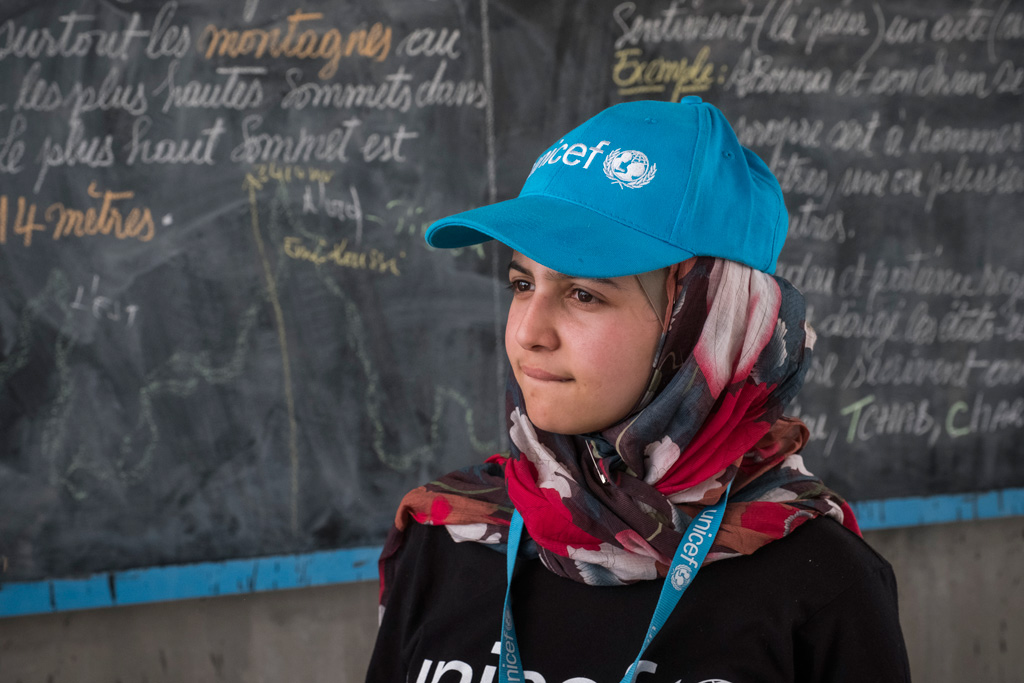The United Nations Children’s Fund (UNICEF) has said it has initiated screening of every pregnant woman in all 323 main Primary Healthcare Centres (PHCs) in Bauchi State for HIV and provided those confirmed positive with anti-retroviral drugs.
Mr Bhanu Pathak, the Chief of Field Office, UNICEF Nigeria, Bauchi Field Office, disclosed this at a news conference on the activities of the organisation in Abujaon Friday.
He said that the move was to actively prevent mother-to-child transmission of the condition.
He said: “Free commodities have been supplied to all 323 main PHCs in the state to ensure treatment.
“This includes screening of every pregnant woman for HIV and providing the ones confirmed positive with antiretroviral drugs

to prevent mother-to-child transmission.”
Pathak stressed that the organisation, in fulfilling its obligations in partnership with the state government towards ensuring child survival, trained 1,200 volunteers Community Oriented Resource Persons (CORPs) in some Hard to Reach (HTR) communities on Integrated Community Case Management (ICCM) of common childhood illnesses.
He said that the CORPs were to continually deliver treatment to common childhood illnesses like malaria, pneumonia and diarrhoea with guidelines to follow in their various Hard to Reach communities.
The chief revealed that “the volunteers, who also cover 1,200 settlements are from the settlements they cover and also reside
within. They are kitted with tools and commodities necessary for easy diagnosis and treatment of children aged two months to under five years.”
He explained that in addition, UNICEF engaged the services of 45 health workers to visit hard to reach communities that found it difficult to access standard healthcare services.
The health workers, which he said included nurses/midwives, Community Extension workers, record officers and volunteers, were to provide integrated services like antenatal care, postnatal care, immunisation, management of labour and delivery of pregnant women.
Other health services included nutritional screening, screening and treatment of common childhood illnesses such as malaria, pneumonia, diarrhoea and treatment of common ailments. (NAN)

